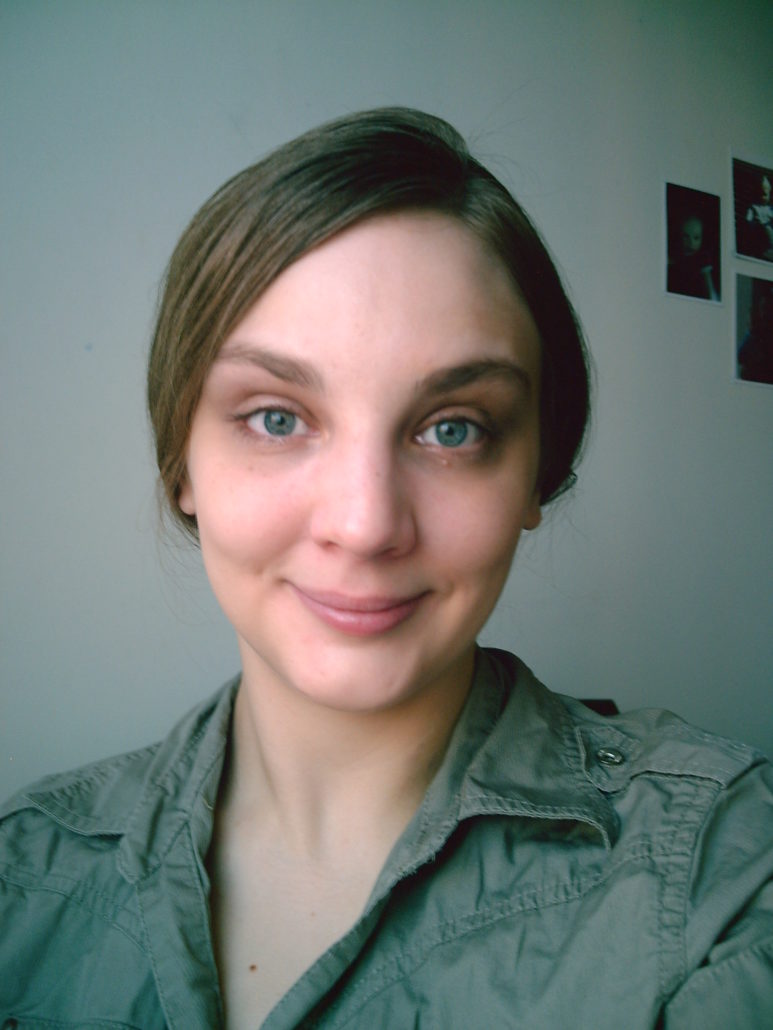In the interview with Professor Eileen Barker, three broad themes are brought up. First, the definitions of ’new religious movement’ and ’cult’ are given a brief consideration. After this, Barker introduces the Inform network and its activities in distributing information and making the results of scientific research concerning new religious movements available to society at large. Finally, the future of the study of new religious movements as well as its contribution to the wider field of the study of religion is considered. In this text, I will focus mainly on the second theme: how the results of scientific research are put in practical use by Inform, and what kind of questions this brings up. Along with the interview, I make use of an article Barker has written on the same subject, What should we do about the cults?
The Information Network Focus on Religious Movements, or Inform for short, was founded by Eileen Barker herself in 1988. Behind the founding of the organization lies her observation that there was (and there still is) quite a lot of misinformation, rumours and hearsay about the new religious movements, or ‘cults’, as they often are labelled, and that this confusion created a lot of misunderstanding and ”unnecessary suffering”, as Barker herself puts it. This suspicion is present in the way the term ‘cult’ in itself carries connotations of something deviant, evil and criminal. Neutral information was not easy to find, since the movements themselves tended to offer a very bright picture, whereas the information produced by opposing parties, such as anti-cult movements, emphasized the negative sides. In addition, media contributed to the discussion by picking up only the extreme examples.
In a situation like this, providing scientific, as-neutral-and-objective-knowledge-as-possible about new religious movements is a reasonable thing to do. And this is what Inform is all about. The network collects, assesses and distributes balanced, objective-as-possible information about new religious and spiritual movements. This is done through consultation and publications as well as connecting people with relevant experts, arranging seminars, workshops and conferences. Their services are being used by very different parties, from government officials to convert´s conserned relatives.
Aside from just distributing information about new religious movements, Inform also provides venues for different interested parties to meet and exchange views. Involving the religious movements themselves, as well as their former members and cult-watch movements in seminars, for example, may help the parties to overcome some suspicions and misunderstandings.
Inform is definitely an inspiring example of how the work of scholars of religion can be put into practical use. Academics are often accused of living in their own little worlds, their heads full of fuzzy terminology and grand theories, and forgetting all about the real, messy world around them. And there just might be a grain of truth in that accusation. Not long ago, I read an article written by Tiina Raevaara, currently an independent Author and a blogger on Suomen Kuvalehti website. She brings up the fact that even though the ‘third task’ of universities (next to research and teaching) is to serve and benefit the society, the academics are often not willing to come out in the public to talk about their research, let alone voice their opinions. And while so few academics wish to do this, the ones who do are often frowned upon by the academic community. Raevaara claims in her blog entry, that researchers should get more guidance in how to interact with larger public, and encouraged to do so.
I do agree that universities and scientific community in general are an important part of the society, and should interact with it in a constructive way. This is not unproblematic, of course. Fear of losing one’s perspective lingers; fear of getting too involved. Who of us has not been warned about going native? Even though the very possibility of strict objectivity has been disputed long time ago, distance is still seen as vital for maintaining a proper scientific attitude and conducting valid research – as objective as possible. And even though an individual scholar might not lose her or his perspective, so to say, this might still happen in the eyes of the public. Especially in debates of great political weight, (social) scientists´ commitments and ideological backgrounds are called into question– even if these would not have anything to do with the results of a scientific research itself. As Barker mentions in the interview, she has received her share of such suspicion and accusations.
Inform is a good example of a contact spot between academia and the society at large. While holding up the ideals and methods of social sciences, the network benefits the public: government officials, media, religious groups, individual members of civil society, and more. They do this by offering what the scholarly community can offer: information and opportunities for open discussion. Both are equally important. People with different worldviews, religious and otherwise, must be able to deal with each other, so that society holds together. For this kind of interaction and negotiation to take place, it is important to have arenas where people can learn from one another and at least avoid conflicts rooted in simple misunderstandings.
This material is disseminated under a Creative Commons Attribution-NonCommercial-NoDerivs 3.0 Unported License. and can be distributed and utilised freely, provided full citation is given.
References:
Barker, Eileen 2006: What should we do about the cults? Policies, perspective and the perspective of Inform. Published in Pauline Côté and Jeremy Grunn (eds) 2006: The New Religious Question. State Regulation or State Interference? Frankfurt, Peter Lang, ss. 371-394 (article can also be downloaded from the Inform website: http://www.inform.ac/node/1547)
Habermas, Jürgen 2008: Notes on a post-secular society. Published at the website signandsight.com http://www.signandsight.com/features/1714.html accessed May 14th
Raevaara, Tiina 2012: Tutkijat ja traumaattinen julkisuus. Blog entry on the website of Suomen Kuvalehti. (eng. ”Researchers and the traumatic publicity”.) http://suomenkuvalehti.fi/blogit/tarinoita-tieteesta/tutkijat-ja-traumaattinen-julkisuus accessed May 15th



